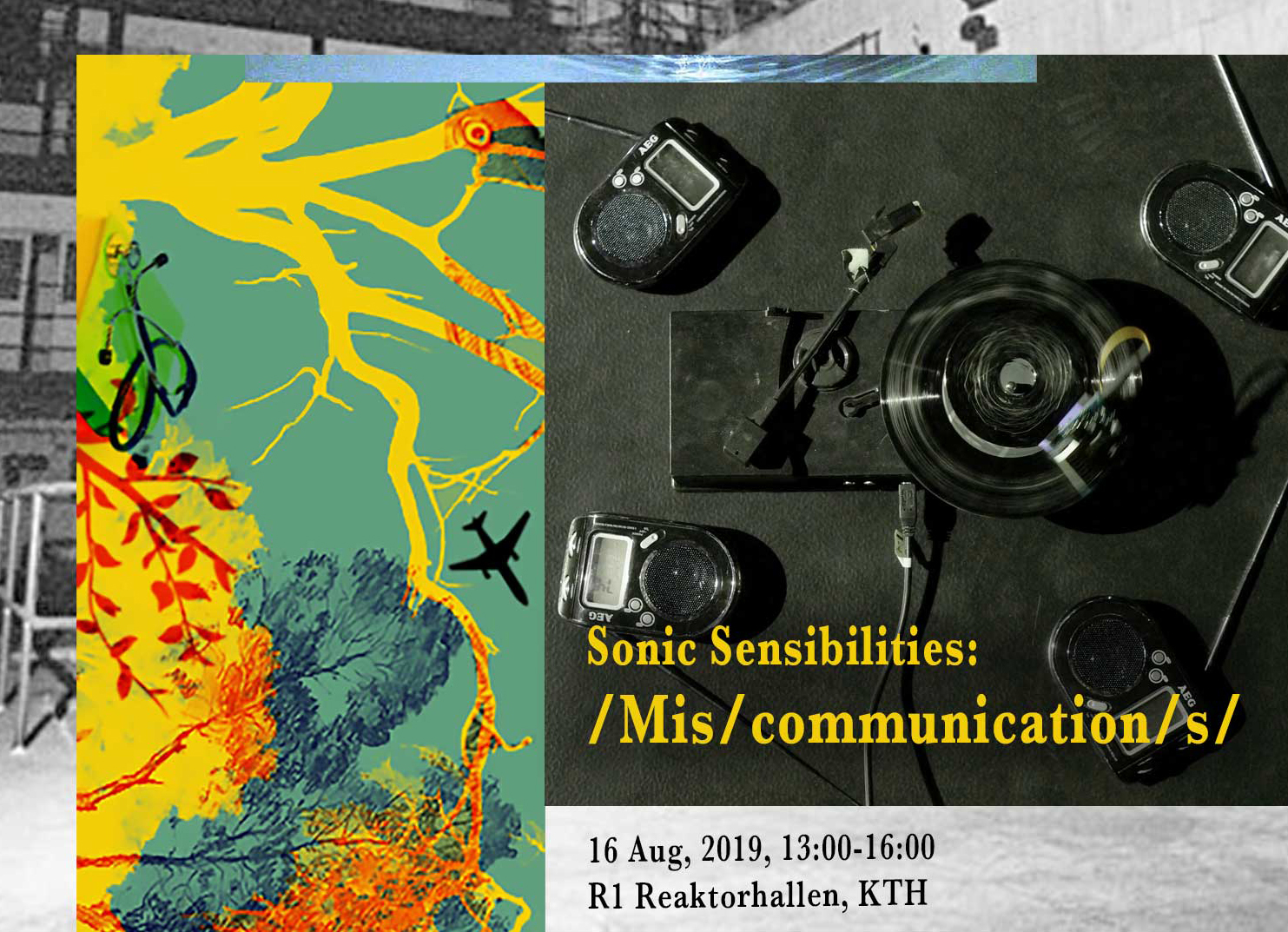-
Call for Contributions to the Edited Volume of the InterGender Research School!
Editors: Edyta Just, Maria Udén, Vera Weetzel, Cecilia Åsberg What is Gender Studies to you? How can Gender Studies contribute to society, academia and the state […]
-
The Second International Symposium “Eco/Decolonial Arts: Re-imagining Futures”, 28 August at Konstfack, Stockholm, SE
The International Network for ECOcritical and DECOlonial Research in collaboration with The Posthumanities Hub and with a generous support by Konstfack University of Arts, Crafts, […]
